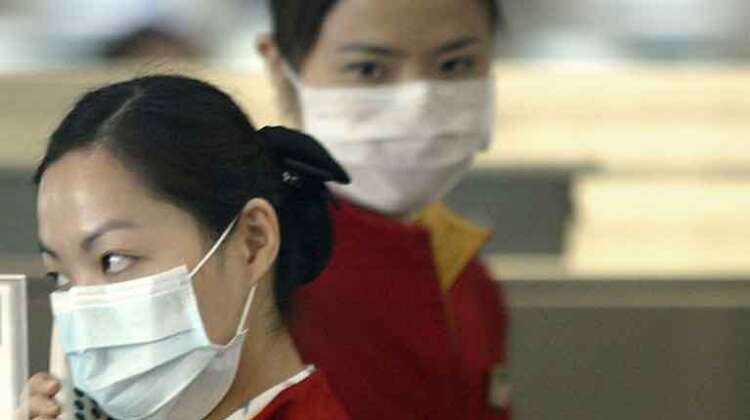
Greetings from the Cooperatives Unit of the International Labour Organization in Geneva.
This a moment of great disruption. Full or partial lockdown measures have affected more than 5 billion people around the world. Recent ILO estimates indicate that more than 436 million enterprises are at risk. Millions of workers around the world are without a job and unable to sustain themselves and their families. To die from hunger or from the virus” is an all-too-real dilemma faced by 1.6 billion informal economy workers, half the world’s total workforce of 3.3 billion. Values of solidarity and cooperation are more needed today than ever.
Historically, such values experience a surge in popularity during such times of crises, including financial crises, natural disasters and conflicts. This was the around the financial crisis in Argentina, the global financial crisis and the debt crisis in Greece. Similarly, cooperatives and wider SSE organizations have been key community actors in responding to public health epidemics such as AIDS (Swaziland, Vietnam) , the relief and reconstruction efforts after natural disasters (Japan, Australia) and in post conflict settings (Sri Lanka, Rwanda).
In the face of the pandemic and its aftermath business activities for many cooperatives and wider SSE organizations have suffered across sectors. While some sectors, such as food retail, may have seen a surge in business most others have seen a total stoppage or dwindling of their activities. In order to serve their members and communities, many of the cooperatives in the rural and informal economies are having to adapt and innovate in responding to needs pandemic and its aftermath. Others struggle to figure out how to access government relief measures in countries where such measures exist.
Cooperatives and wider social and solidarity economy organizations are also mobilizing to provide relief for their workers, members, and communities in different aspects of the crises in the immediate to short term. Their support ranges from ensuring workplace safety and working conditions and stabilizing supply chains to shifting production toward much needed supplies, broadening access to relevant information on COVID-19 and advocating with governments to influence their policies to support their members and communities.
Credit unions and financial cooperatives are providing liquidity support to affected micro, small and medium-sized enterprises in countries such as Kenya, France, Ethiopia, Italy, Uganda and Canada. They are setting up solidarity funds and crowdfunding initiatives to support local businesses and vulnerable people.
Some cooperatives have transformed their products and services to meet urgent local needs for protective equipment, food supplies and care support. They shifted production toward much needed supplies like hand sanitizers and face masks and distributed them for high risk populations and frontline workers. Health cooperatives, including pharmacy cooperatives, are establishing support funds and distributing protective gear for their members, workers in essential enterprises and health care workers who are on the frontline of the public health care crisis.
Producer and consumer cooperatives are among key players keeping supply chains of essential foods and goods moving while also relocalizing production especially when produce coming from elsewhere is blocked. Agricultural cooperatives and consumer cooperatives have created direct supply chains in Japan. Coop Denmark’s Savannah project advances direct trade with Kenyan coffee producer cooperatives by shortening the value chain, enhancing product quality and building export capacities for producer cooperatives in the process.
Cooperatives and SSE organizations with strong presence in their communities are fulfilling a series of community support functions. Cooperatives in Italy are helping vulnerable people who cannot go shopping by themselves including in partnership with municipalities. Those in Japan and Korea are providing lunch boxes for disadvantaged elementary school children during school closures. In France they are producing service vouchers for disadvantaged populations, such as homeless people, for use in affiliated establishment offering hygiene and food services.
It is the nature of crises to expose new faults in a system or widen existing ones. Some thinkers predict a new global order. They point toward a rediscovery of the value of social state, especially as it pertains to health, education, social assistance. This is also a time when many people are realizing the need for transformative business practices that do not only care for the economic bottom line only, but also about social and environmental ones.
The value of cooperatives is recognized in the immediate crisis response. In some countries, like Italy and South Korea they are included in both consultation and implementation processes of government support measures. Their existing infrastructure and networks help in understanding emerging needs and implement support measures in an effective way.
What is important is that even after the crisis their role in the recovery and transformation of societies and economies beyond the immediate, but in the medium and long term is recognized. Toward that end it will be important for cooperative organizations to disseminate the knowledge on how cooperatives can help with enterprise transformation for instance in the case of bankruptcies, supporting worker-buy-outs of businesses through worker cooperatives can help preserve jobs.
Cooperative advocates can also share examples of how platform cooperatives work. Domestic workers and home-care workers in the US have been establishing their cooperatives using online applications. They are essential workers for ageing societies, but also face a deficit of affordable, accessible care services.
During these challenging times, at the ILO Cooperatives Unit we would like to reaffirm our solidarity with the cooperative and wider social and solidarity economy movements. We are convinced that cooperatives and other social and solidarity economy organizations will be instrumental beyond the emergency phase and well into the medium to long term recovery in the affected countries, as we have seen in many other crises contexts across history. We have all the confidence that th
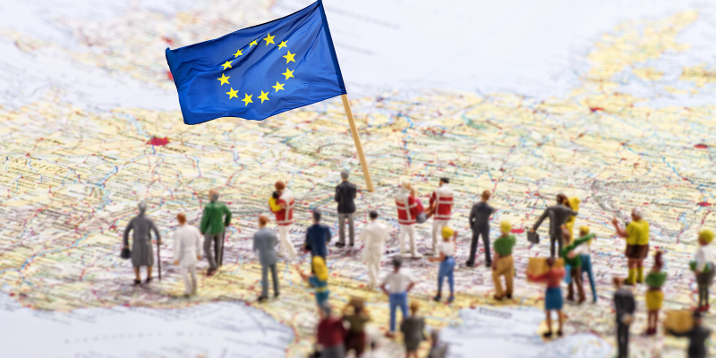
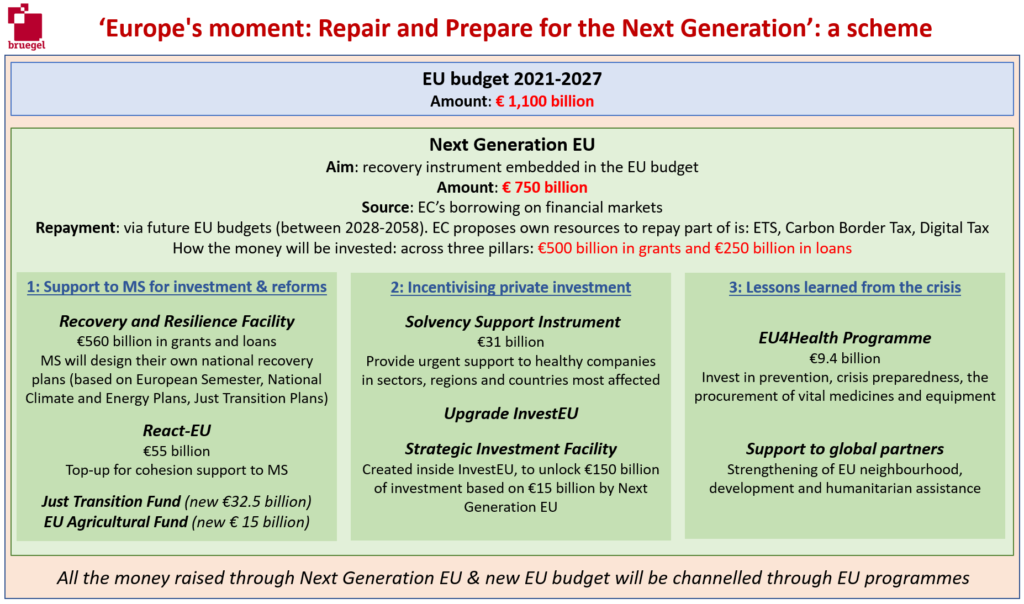
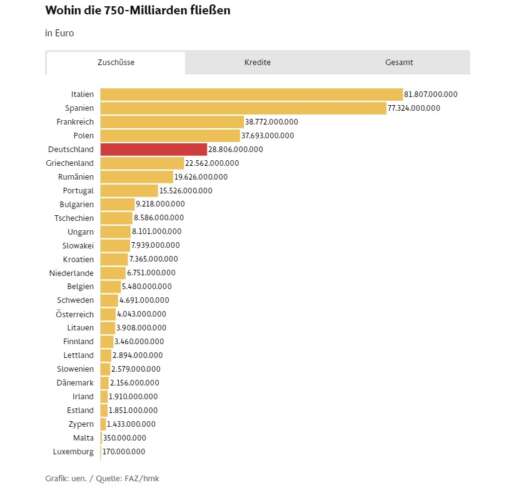
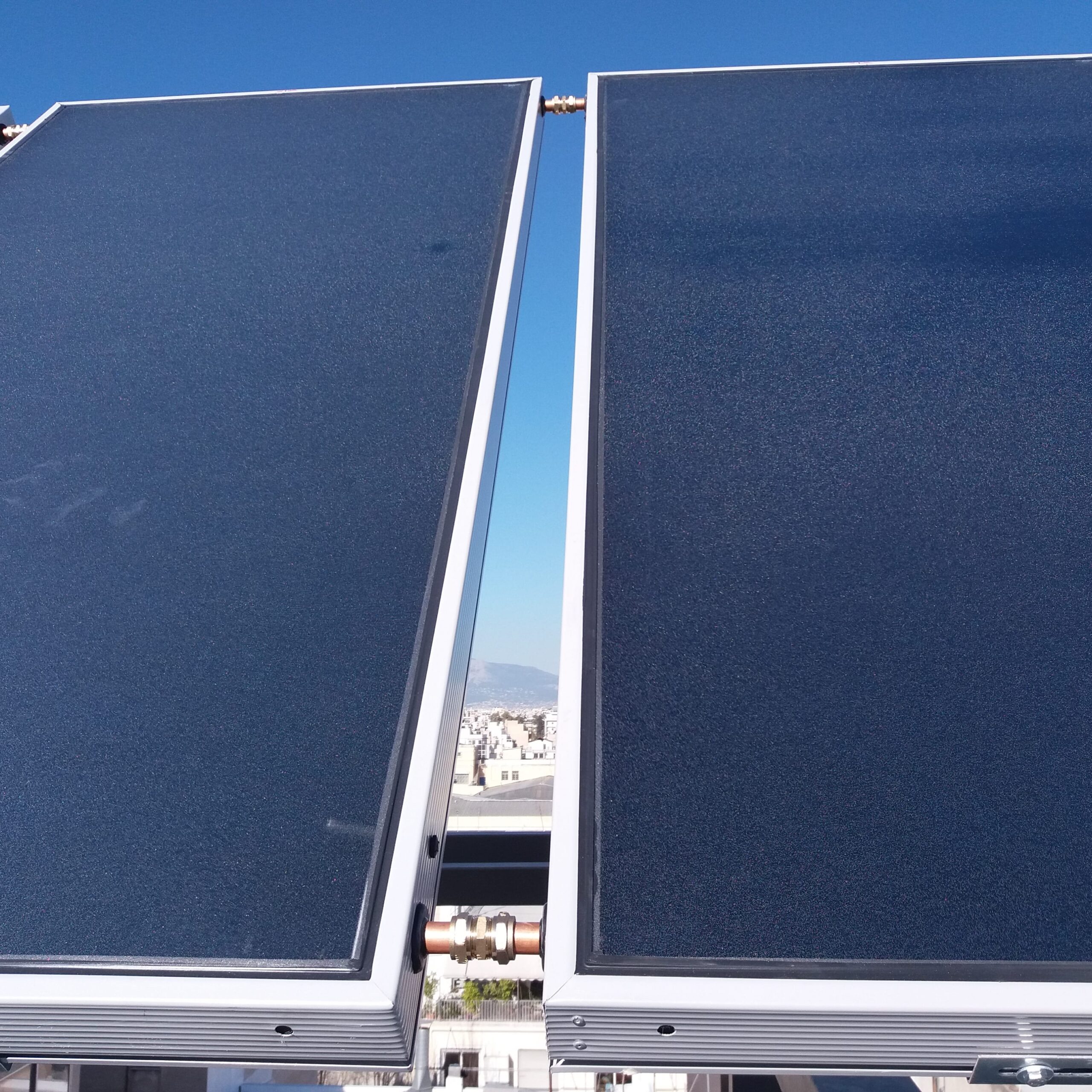
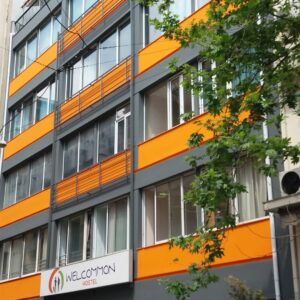 Wind of Renewal is renting since August 2016 the building with about 3.200 square meter, which was until the end of the year 2013 a public clinic. We fully renovated the building already twice. Once at autumn 2016 to be for 1,5 years a model center for accommodation and integration of the most vulnerable refugees and then again to become an innovative, functional and esthetic Hostel with a social impact, the
Wind of Renewal is renting since August 2016 the building with about 3.200 square meter, which was until the end of the year 2013 a public clinic. We fully renovated the building already twice. Once at autumn 2016 to be for 1,5 years a model center for accommodation and integration of the most vulnerable refugees and then again to become an innovative, functional and esthetic Hostel with a social impact, the 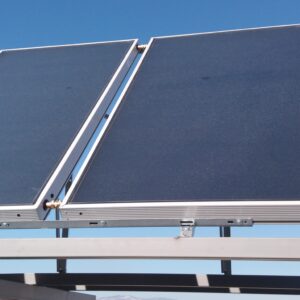
 For environmental and economic reasons we are immediately looking to modify the building to a zero emission building and to operate as a center of education and training in green trades and activities and also as a place to demonstrate energy efficient technology and present renewable energy sources in the city of Athens.
For environmental and economic reasons we are immediately looking to modify the building to a zero emission building and to operate as a center of education and training in green trades and activities and also as a place to demonstrate energy efficient technology and present renewable energy sources in the city of Athens.
Recent Comments